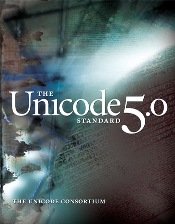American Scientist Online has a provocative essay by Geoffrey Harpham on Science and the Theft of Humanity. In it he argues that the humanities that take “human beings and their thoughts, imaginings, capacities and works as its subject” (Page 2) are experiencing a poaching from certain sciences and that this is a good thing. This poaching is “the most exciting and unpredictable unintended consequence of disciplinarity” as new disciplines that don’t fit with the old “gentleman’s agreement” as to who studies what begin to cross boundaries. (Page 3)
They–we–must understand that while scientists are indeed poaching our concepts, poaching in general is one of the ways in which disciplines are reinvigorated, and this particular act of thievery is nothing less than the primary driver of the transformation of knowledge today. (Page 4)
This poaching is not just a counterattack from the sciences threatened by the “debunking attention” of humanities disciplines. It is a symptom of how the disciplinary divisions encoded in the post WW II university don’t fit fabric of current research. Humanities computing is but one case of an emerging discipline that doesn’t fit the humanities, science division. (For that matter I don’t think computer science does either.)
One of the most striking features of contemporary intellectual life is the fact that questions formerly reserved for the humanities are today being approached by scientists in various disciplines such as cognitive science, cognitive neuroscience, robotics, artificial life, behavioral genetics and evolutionary biology. (Page 3)
I found this looking at the ASC (Autonomy | Singularity | Creativity) site of the National Humanities Center.

 I have set up an account on the TAPoR portal where I have created a list of
I have set up an account on the TAPoR portal where I have created a list of 
